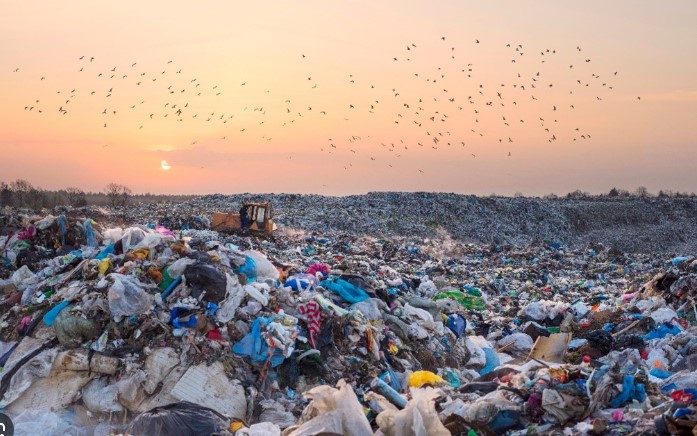How Organic Waste Benefits Soil Health
Organic waste plays a vital role in improving soil health, making it a key component of sustainable agricultural practices. When properly managed, organic waste, including food scraps, yard trimmings, and agricultural byproducts, can enrich soil with nutrients, enhance its structure, and boost its ability to retain moisture. This not only promotes healthier plants but also … Read more










